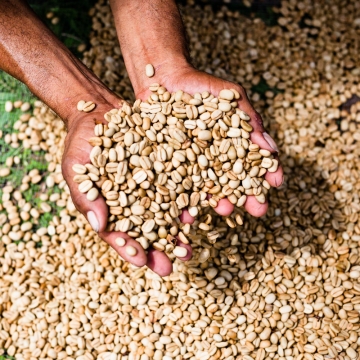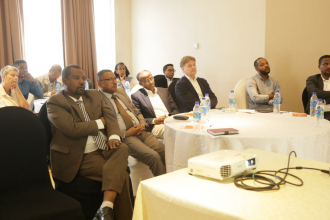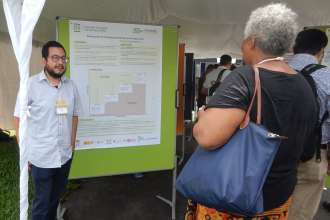Characterization of Women Access, Use, Management and Governance to Land and Water in Latin America and East Africa: A Systematic Review.
This project aims to scope and characterize the evidence that relates gender equality and natural resources, particularly water and land, in two subregions: Andean Amazon and East Africa countries






